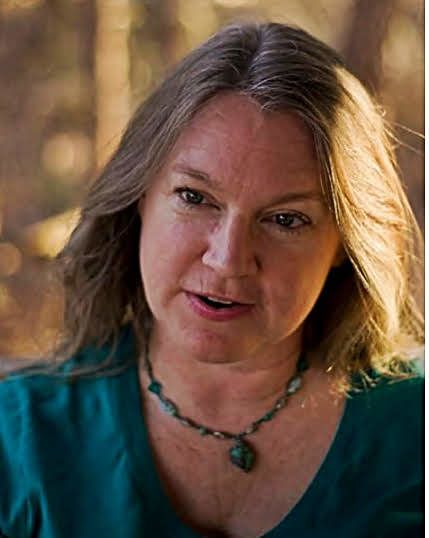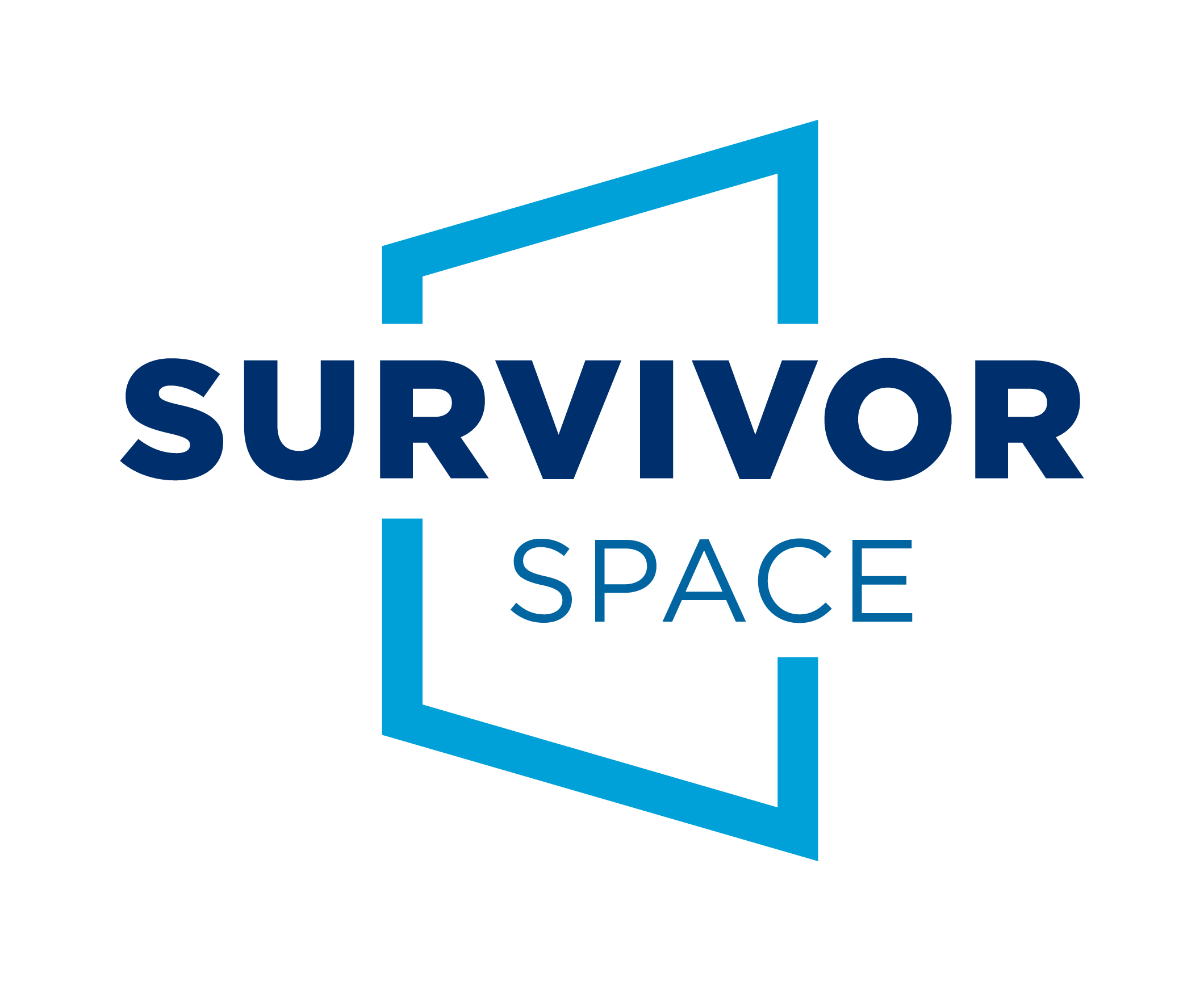Risking Intimacy
Disclosing Past Abuse to Loved Ones

Disclosing abuse to friends and family can feel as risky as walking a tightrope over a deep canyon. I know from first person experience, and it can be a revelation or a devastation. Protect yourself; first, weave a safety net.
Telling one of my aunts opened up a whole new level of closeness in our relationship, as she shared with me the family legacy and tradition of horrific abuse. I had an idea that the pain ran that deeply for so many generations, but I hadn’t known how raw and fresh her own wounds still were. Instead of a time of self-revelation, I ended up listening to long-buried pain from her own childhood. I love her so much, and we both pondered why some of our other family members cling so strongly to their denial. What we decided together was that if it isn’t essential to acknowledge abuse, some folks simply need to turn their attention to other things.
So I took courage in her response, and told another aunt. This aunt became another source of strength for me, and both of my aunts became friends and confidantes who really admired and respected my healing journey. “If only I had known,” they both said. “I would have gotten you out of there.”
I told my closest friends, and almost every time, they responded with their own stories of abuse or of abuse in their families. I had one friend who said, “I don’t know anybody who has sexual abuse in their lives.” It surprised me. Hadn’t he met his wife? She had been abused for years, but she’d never told her husband. It simply felt too impossible to make him understand that she wasn’t Walking Wounded; she had survived, and adjusted, and learned to enjoy life and love. He wasn’t a safe person to tell for her.

So I got up my courage, and told a family member who wasn’t known for her candor. She sneered at me. She read my memoir and sent a snide note asking me why I had to wallow around in past misery, and why I had failed to go on with my life and be happy. I tried valiantly to explain that I did feel happy, I often feel happy, but that happiness had to be rooted in actual knowledge of my whole life, not only the sweet parts. She responded with fury, saying I had brought up all those terrible things because there was something wrong with me. Another family member told me not to speak of such things again, and refused to acknowledge our lifelong relationship. She didn’t want her new life tainted by the stain of abuse. She had worked so hard to rise up from the ugliness,and her method of dealing with the ugly history simply stayed in denial. If she had to lose me in order to cut ties to that past, then she’d take the loss – and I had to accept her choices.
Do I regret telling them? Certainly not. Their responses remain their responsibilities; my need for transparency and authenticity remains all mine.
And denial is a choice for some people, but it isn’t a choice for me. I need my whole life. I lived on the edge of death during childhood, never knowing when my perpetrator would grab me, hurt me. So I told one cousin, and she responded by sharing a memory of when I had been hurt, and how, and how it had hurt her not to be able to stop it. “You were so sad,” she said. “He’d take you away, and then you’d come back, and you’d be so sad.”

Photo by Jackson David on Unsplash
Photo by Jackson David on Unsplash
Another cousin affirmed my memories, and then another. We each have found our own ways to heal and deal. So my best advice for anyone who’s looking at the possibility of sharing painful truths would be the following:
1. Choose carefully,and tell someone who’s likely to care and understand and be supportive as your first person to tell – but even then, lower your expectations. You probably will not get the affirmation and attention and love that you seek; if you mess with someone else’s denial, they will withdraw most of the time. So choose carefully, and be ready for a response other than the one you want the most.
2. Give them time. It takes a long, long time for some people to process the thought that someone they’ve known, even tangentially, perpetrated crimes against a child.
3. Consider writing it down for yourself, but don’t send it in a text or in any way that can be shared with others. You don’t want to deal with a twisted misrepresentation from someone who needs to rely on denial for their own balance and tender survival.
4. Be gentle. Be kind. Share with compassion for the person receiving the information. And ask first. Ask, “May I share something really difficult about my past with you?” Ask first. Allow them space and grace to say no, and don’t share any graphic details on first sharing.
5. Consider your own motives and expectations, and be clear about what you seek in sharing. Not everyone needs to know all of your business. Not everyone cares to know. Make sure that you take deep breaths and feel strong before disclosures. If possible, have a trusted support person ready to process the experience with you afterward.
6. Never, ever, ever share about another person’s abuse without that person’s express request – not permission, but actual request – that you do so. Never, never, never. It isn’t your story to tell, unless there’s a clear reason that will protect or help that other person. We each own our own stories.
7. When you speak out, you often will be asked about the experiences of other family members. Here is the only appropriate response, in my opinion, spoken in the kindest possible way: “I don’t share other people’s stories. We each have the right to define and discuss our own lives.”
8. Courage, courage, courage. When you choose to disclose, you’re choosing to open up to intimacy. Not everyone has your bravery. Accept that others might not be on the same healing path, and love them anyway, as well as you can.

Blessings and love on your journey. May all beings find peace. May all beings be free from suffering. And I send you great respect for your courage.

About the Author:
Kiesa Kay is a Survivor, Author & Playwright
Kiesa’s works include Uniquely Gifted: Identifying and Meeting the Needs of the Twice Exceptional Student, and she co-edited High IQ Kids, which received the Legacy Award for the Best Book for Parents and Teachers in its publication year. Her memoir is titled Tornado Alley, and she’s written What Every Grandparent Needs to Know About Childhood Sexual Abuse. Kiesa’s plays include Thunder is the Mountain’s Voice, Love Makes a Home, and Sky Eyes.

Published by SurvivorSpace, an initiative of Zero Abuse Project
